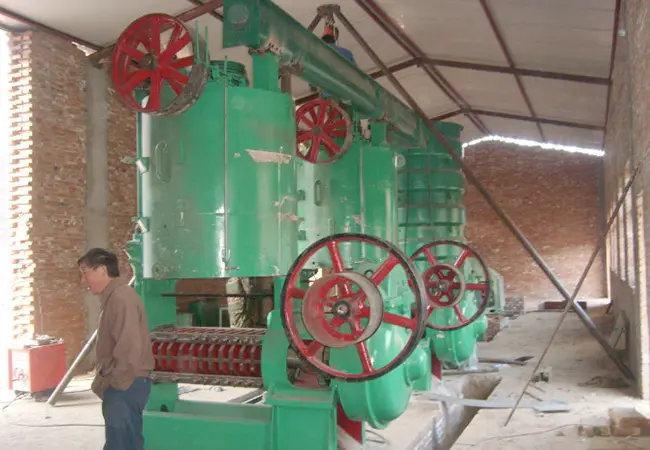Aug . 11, 2024 02:20 Back to list
Exploring Various Options for High-Quality Edible Oil Filtration Systems and Their Benefits
The Importance of Edible Oil Filters in Modern Food Processing
In the food processing industry, the purity and quality of edible oil are fundamental to ensuring consumer safety and product excellence. Among the various technologies employed to maintain the integrity of edible oils, oil filtration systems play a critical role. Edible oil filters are designed to remove impurities, such as fatty acids, phospholipids, and other contaminants, that may affect the oil's quality and safety. The significance of these filters is highlighted by their efficiency in prolonging the oil's shelf life and enhancing its sensory attributes, making them a crucial aspect of edible oil processing.
The Importance of Edible Oil Filters in Modern Food Processing
The benefits of utilizing edible oil filters extend beyond maintaining quality. By removing impurities, these filters help to reduce the frequency of oil changes and lower production costs. This is particularly significant for large-scale manufacturers who rely on a continuous supply of high-quality oil. Additionally, a well-maintained filtration system aids in compliance with food safety regulations, ensuring that products meet the stringent standards set by health authorities. This not only protects consumers but also enhances brand reputation and consumer trust.
edible oil filter quotes

Moreover, advances in technology have led to the development of innovative filtration solutions that improve efficiency and effectiveness. For example, the introduction of cross-flow filtration allows for continuous processing, which minimizes the loss of oil and reduces waste. These modern systems are often equipped with automatic cleaning capabilities, which further enhances their efficiency by reducing downtime and maintenance costs.
In recent years, sustainability has become a prominent concern in the food industry, prompting manufacturers to re-evaluate their processes for environmental impact. Edible oil filtration systems also contribute to this effort by enabling the recycling of oil, thus reducing the need for new raw materials. By filtering and reusing oil, companies can significantly minimize their carbon footprint and waste generation, supporting a circular economy within the food processing sector.
When considering investments in edible oil filtration, companies must evaluate not only the initial cost of the filters but also their long-term performance and maintenance requirements. A high-quality filtration system can yield significant savings over time, making it an essential component for any edible oil producer. Moreover, engaging with reputable suppliers and manufacturers can provide insights into the best practices and technologies available, ensuring that businesses stay at the forefront of the industry.
In conclusion, edible oil filters are pivotal in ensuring the quality, safety, and sustainability of edible oil production. Their ability to remove impurities, enhance oil longevity, and contribute to eco-friendly practices makes them an invaluable asset in the food processing industry. As technology continues to advance, the evolution of filtration systems will only strengthen their importance in meeting the growing demands for high-quality edible oil in a responsible manner. Investing in effective filtration solutions is not just a choice but a necessity for businesses aiming to uphold product integrity while catering to increasingly discerning consumers.
-
High-Efficiency Peanut Oil Refined Machine for Quality Oil Production Leading Exporters & Companies
NewsJul.08,2025
-
High Efficiency Sunflower Seed Oil Press – Leading Cooking Oil Press Machine Factories & Suppliers
NewsJul.08,2025
-
High-Efficiency Soybean Oil Press Machine – Leading Exporters & Reliable Companies
NewsJul.07,2025
-
High-Efficiency Seed to Oil Extractor – Reliable Extraction Machinery for Your Business
NewsJul.07,2025
-
High-Quality Pressing Screw of Oil Expeller for Efficient Oil Extraction Leading Exporters & Manufacturers
NewsJul.06,2025
-
High-Efficiency Essential Oil Extraction Machine Trusted Exporters & Companies
NewsJul.06,2025
